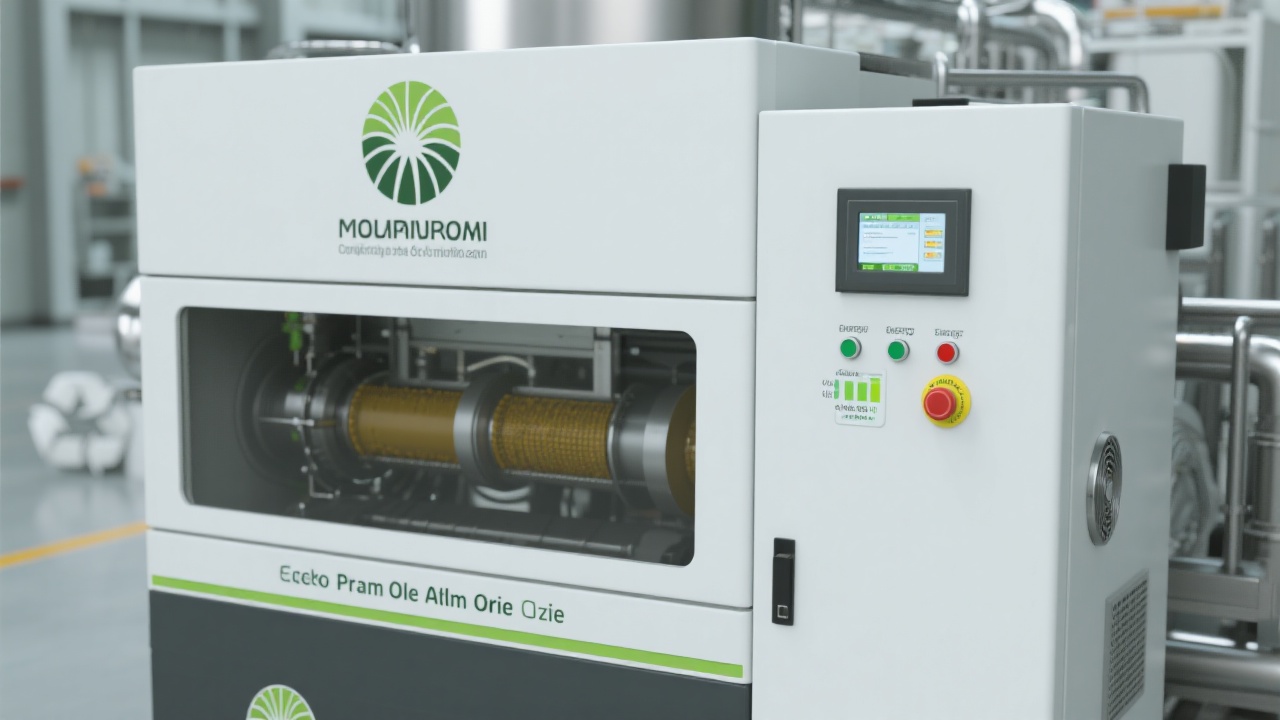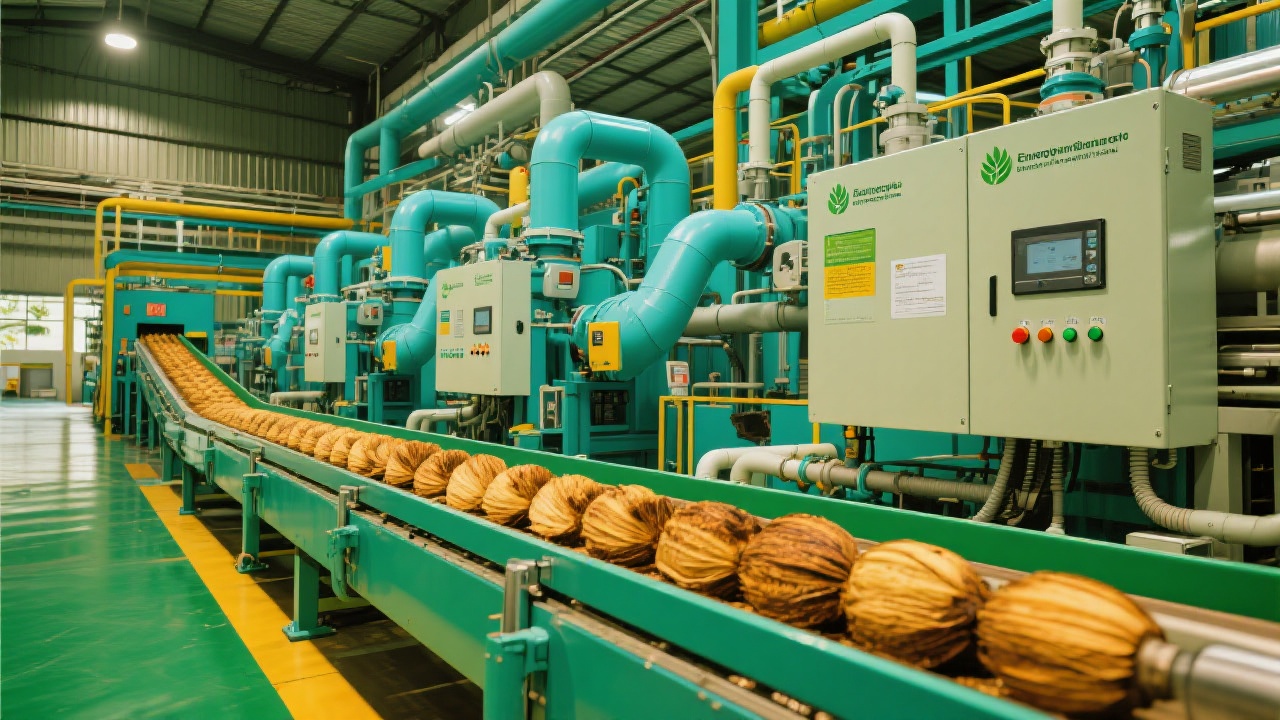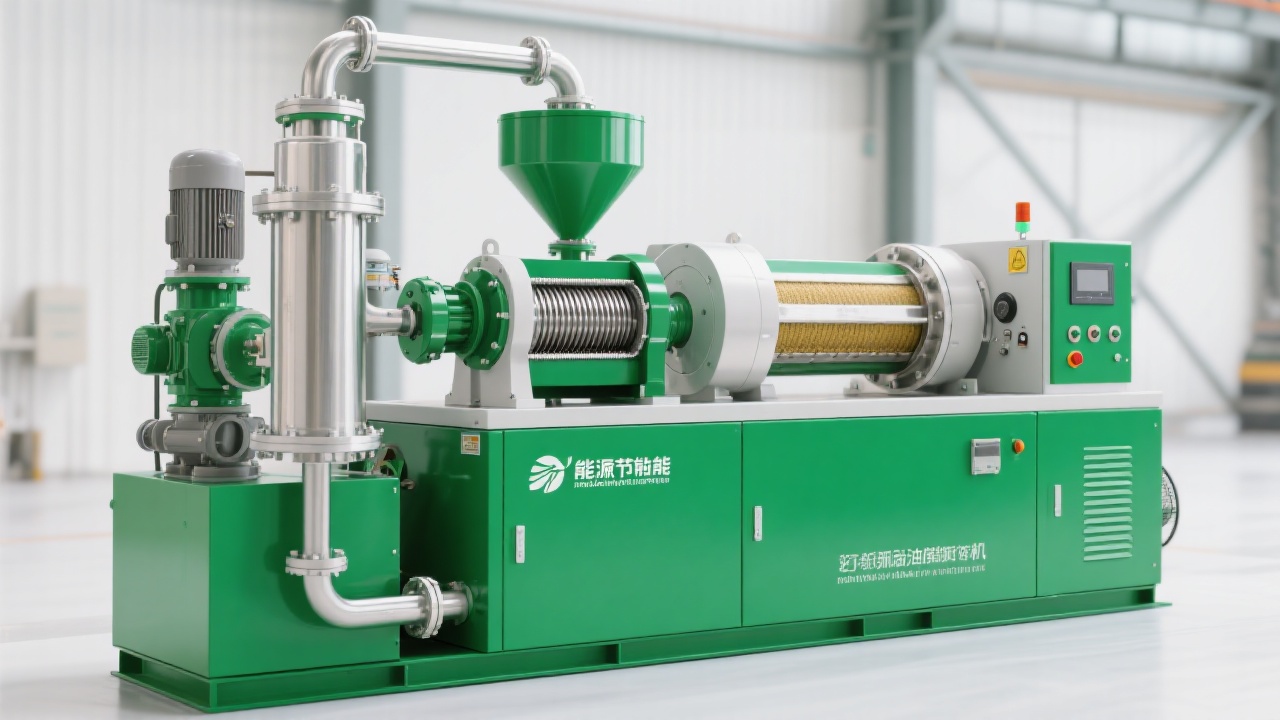
In the dynamic landscape of the food industry, soybean oil mills are constantly seeking ways to boost their competitiveness while adhering to sustainable practices. This article delves into how advanced and efficient processing technologies can be the key to achieving these goals.
Modern soybean oil mills are leveraging high - efficiency processing technologies across various production stages. For instance, in the cleaning stage, advanced screening and separation technologies can remove up to 99% of impurities from soybeans, ensuring a purer raw material for subsequent processes. This not only improves the quality of the final product but also reduces wear and tear on equipment.
In the pressing stage, new - generation screw presses can achieve an oil extraction rate of around 18 - 22%, which is significantly higher than traditional methods. The improved design of these presses allows for better pressure distribution and more efficient oil separation. During the cooking stage, precise temperature and moisture control technologies can enhance the oil yield by up to 5% and improve the flavor and nutritional value of the oil.
In the refining stage, advanced refining processes can remove harmful substances such as free fatty acids, pigments, and odors while retaining the beneficial nutrients in the oil. A well - designed refining process can reduce the acid value of the oil to less than 0.1%, meeting the strictest international quality standards.

Energy efficiency is a crucial aspect of sustainable development for soybean oil mills. By optimizing facility design and implementing process automation, mills can significantly reduce energy consumption. For example, using heat recovery systems can recycle up to 70% of the waste heat generated during the production process, which can be reused for pre - heating raw materials or other heating requirements. This not only reduces energy costs but also minimizes the environmental impact.
Automation also plays a vital role in resource conservation. Automated control systems can precisely regulate the flow of raw materials, water, and energy, reducing waste and improving overall resource utilization. According to industry data, mills that have implemented advanced automation systems can reduce water consumption by up to 30% and energy consumption by up to 25% compared to traditional mills.
The adoption of advanced technologies has a direct impact on the market competitiveness of soybean oil mills. As the food industry becomes more stringent in terms of safety and quality standards, mills that can produce high - quality, sustainable soybean oil are more likely to gain a competitive edge. For example, a mill that can provide oil with a low trans - fat content and high nutritional value is more attractive to health - conscious consumers and large - scale food manufacturers.
Industry data shows that mills with advanced processing technologies can increase their market share by up to 15% within two years of implementation. These mills are also better positioned to meet the growing demand for sustainable products in the global market, which is expected to grow at a CAGR of 8% over the next five years.

Multifunctional equipment allows soybean oil mills to diversify their product portfolio. For example, a single piece of equipment can be used to produce different types of oils, such as refined soybean oil, crude soybean oil, and soybean lecithin. This flexibility enables mills to respond quickly to market changes and meet the diverse needs of customers.
Quality control systems are essential for maintaining brand reputation. A comprehensive quality control system can monitor every stage of the production process, from raw material inspection to the final product. By ensuring consistent product quality, mills can build long - term trust with customers and enhance their brand image in the market.

In conclusion, soybean oil mills can achieve sustainable development and enhance their competitiveness by adopting advanced and efficient processing technologies. These technologies not only improve production efficiency and product quality but also contribute to environmental protection and cost reduction. If you are looking for state - of - the - art solutions for your soybean oil mill, click here to explore our leading - edge technologies and services.


